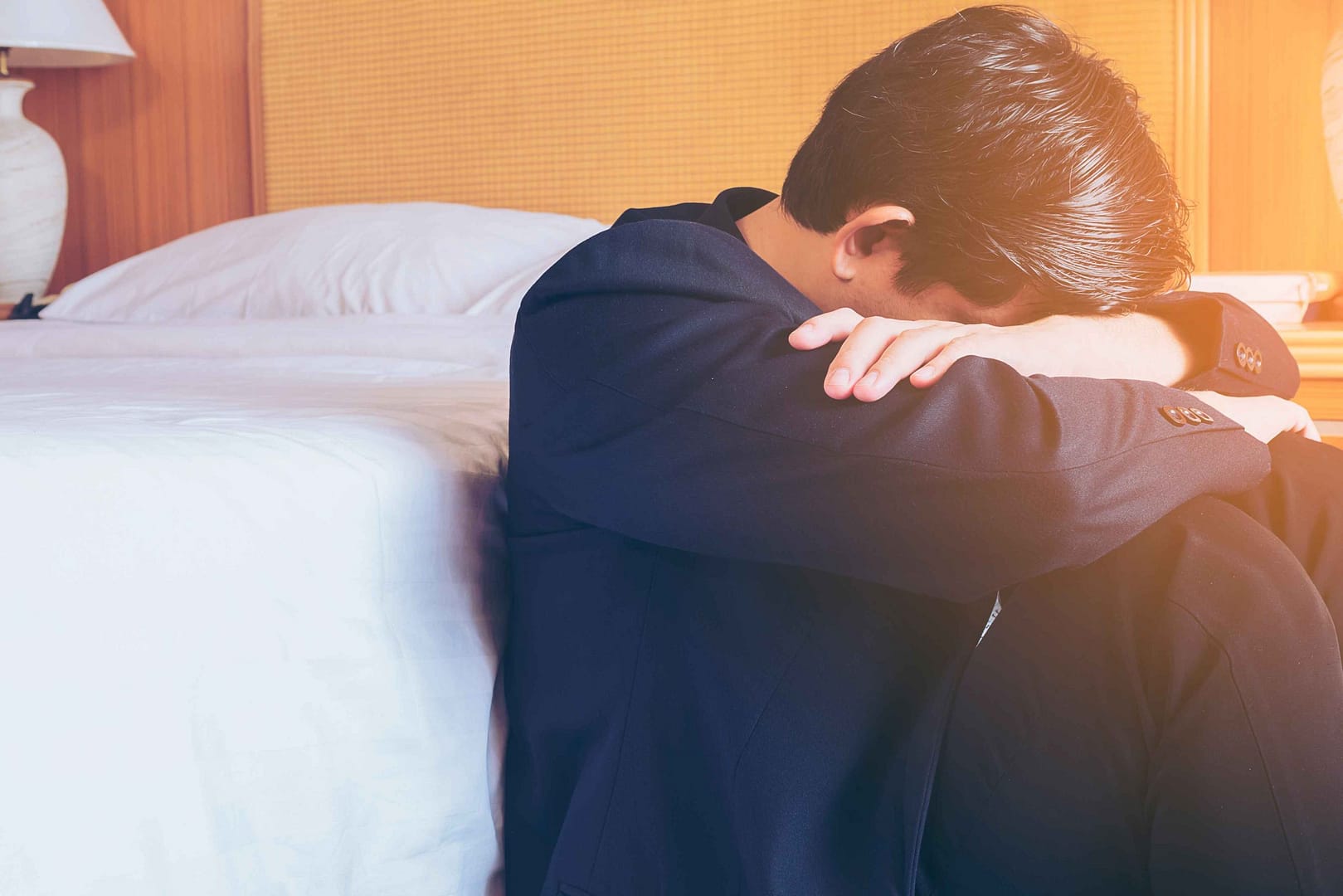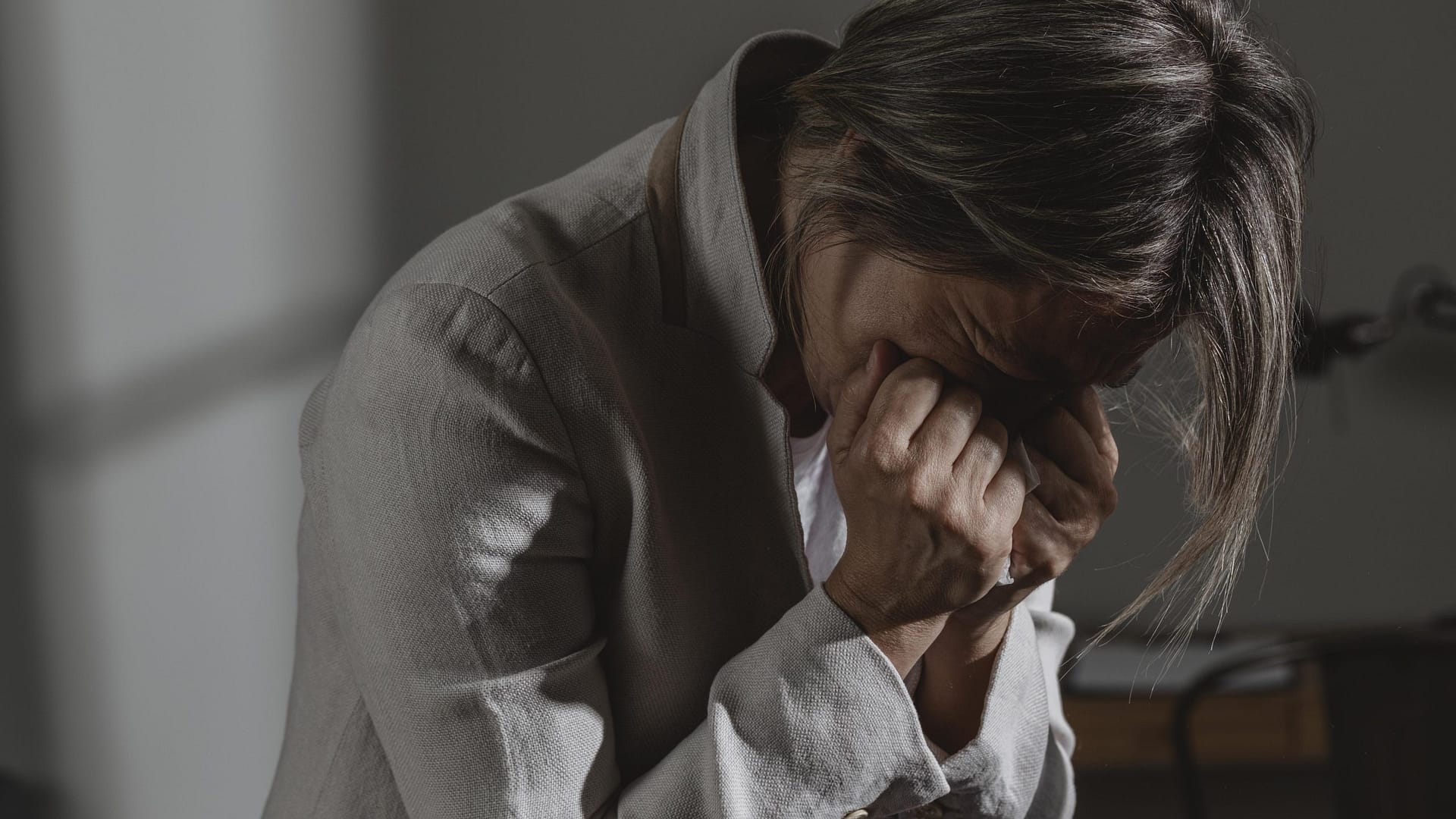Obsessive Compulsive Disorder and depression are two completely different mental health conditions. They have different sets of symptoms. OCD mainly results in obsessive thoughts making the individual perform compulsive acts.
Depression leads to persistent feelings of sadness, loneliness, and a complete loss of interest in activities that the individual previously enjoyed. The two conditions OCD and depression do share intricate links with each other. These links are quite complex and can be identified by consulting trained mental health professionals.
Go through the blog below and discover the various symptoms of OCD and depression and how therapy methods used by psychotherapy and counseling services can assist people in recovering from both conditions.
Depression From Symptoms Observed in OCD
OCD’s Core Symptoms
Obsessive-Compulsive disorder is characterized by repetitive acts aimed at decreasing anxiety associated with obsessions. The intrusive thoughts in OCD cause substantial distress or anxiety.
Examples of Obsessions and Compulsions in OCD
Obsessions: Individuals suffer from fear of contamination, fear of causing harm to someone close, intrusive sexual or violent thoughts, and preoccupation with symmetry and order.
Compulsions: Obsessive acts are often characterized by repetitive washing of hands, checking locks multiple times, counting things, arranging items in order.
People suffering from OCD can be overwhelmed by the symptoms as they are extremely stressful and keep interrupting their daily lives. They might spend hours each day trying to alleviate anxiety caused by obsessions by performing compulsive acts.
This eventually starts affecting their work, school work, and personal life. OCD can also isolate people, as many people feel embarrassed or ashamed of the acts they perform. Thus further increasing their feelings of loneliness.
OCD may Trigger Depression
Living with the condition results in chronic stress and frustration, thus reducing an individual’s mental resilience and making them prone to depression. The nonstop cycles between obsessions and compulsions hamper the person both personally and professionally.
In the course of time, OCD and its effects might cause depressive symptoms, leading to a vicious circle of OCD and depression.
Consult OCD specialists in NYC to understand the intricate relationship between OCD and depression.
Causes of Depression in OCD
Depression usually comes from the overwhelming burden of OCD thoughts. It takes shape when obsessive-compulsive disorder (OCD) symptoms persistently torment and strain someone emotionally and psychologically, leading to depression.
OCD’s Burden
Managing symptoms of OCD all the time is a daunting task. Compulsions are time-wasting and often illogical. This can leave patients feeling dejected and demoralized, resulting in depression. The obsessive sexual and harmful thoughts experienced by individuals with OCD often lead to depression. The individual suffers from continuous feelings of sadness due to these thoughts
Inability to Maintain Relationships due to OCD
Family, friends, and partners can suffer from strained relationships due to OCD. The time consumed by compulsive acts can create a rift between the affected individual and their loved ones, leading to misunderstandings and fights. The social isolation that accompanies OCD can contribute further to feelings of loneliness.
Believing That Life is Controlled by OCD
Individuals living with OCD tend to think that their lives are controlled by it. Despondency and hopelessness can point to depression. These individuals might start believing that they have permanently lost control over their lives to OCD.
Shame/Guilt Around Intrusive Thoughts
Unwanted thoughts that keep intruding into people’s minds with obsessive-compulsive disorder might be unsettling or illicit. These thoughts may make the affected individual feel ashamed or guilty. Such guilt, together with shame, might contribute to the development of depression.
Other Possible Causes of Depression
OCD alone is not capable of causing depression. Other triggers such as genetics, traumatic experiences, other mental conditions, etc, play a big role in it. Depression itself is quite complex in nature and has complicated causes.
Learn about the probable causes which can lead to depression in OCD with the support of an OCD therapist New York.
Effect of Depression on Those With OCD
The Vicious Loop
Depression can actually aggravate OCD symptoms. Again, severe OCD can make depression worse. So it is a continuous cycle of one affecting another. Depression can take away motivation and reduce energy. So it becomes even more difficult for OCD affected individuals to handle their symptoms.
Aspects of Life That Are Affected
Relationships
Depression and OCD can severely affect relationships. The emotional weight and mental pain caused by these two disorders can result in misunderstanding with friends and family. This leads to fights weakening the emotional bonding. Loved ones also sometimes fail to understand the reason behind the acts performed by the OCD affected individual.
Work And School Performance
OCD and depression can hamper productive efforts. Compulsions takeaway precious time from individuals, while concentrating becomes difficult due to depression. So the individual ends up missing deadlines and school work.
Social Activities
OCD’s isolating nature increases the social withdrawal often experienced among depressed individuals. Individuals refrain from attending parties because they have obsessive fears. They worry about getting judged on their performance rituals. So, they do not get support from their peers or communicate their condition.
Overall Sense of Well-Being
OCD, coupled with depression, has a significant negative impact on one’s general well-being state. Continuous emotional tension due to this condition leads to a reduction in the quality of life, affecting physical health, personal satisfaction, and overall happiness.
Get an insight into how OCD and depression can collectively impact an individual by consulting a psychotherapist in New York.
Self-Help Methods
Professional Help: Why it is Important
Though self-help strategies are beneficial, it is vital to underscore the need for professional assistance in managing OCD and depression. Mental health practitioners offer individualized treatment plans and assistance that are fundamental to proper care.
Healthy Lifestyle
Maintaining a good lifestyle plays a central role in handling both OCD and depression. Sufficient sleep, regular physical activity and a balanced diet can boost spirits, increase vitality levels and enhance general welfare.
Relaxation Techniques
Practicing relaxation techniques such as deep breathing, meditation, and mindfulness is advantageous for reducing stress and anxiety levels. Consequently, these actions enhance the capability of concentrating, giving an individual peace of mind, which makes managing OCD symptoms easier.
Joining a Support Group
Another way of finding support for OCD and depression is linking up with others who have been affected similarly. This assists people in sharing their experiences in a safe environment where they can also get some insights from their peers or colleagues about how to deal with this issue.
Evidence-Based Therapies for Depression in OCD
Crucial roles are played by counseling & psychotherapy when it comes to the treatment of concurrent OCD and depression. In that case, they can avail of evidence-based therapies that work well in treating both.
Cognitive-Behavioral Therapy (CBT)
Cognitive-Behavioral Therapy (CBT) is a potent technique that empowers people to learn how to recognize and change unhelpful thinking patterns and behaviors that may be holding them back. Through CBT, with sincerity and sympathy distorted opinions are questioned while balanced reasoning takes their place.
It encourages better survival skills and practical strategies necessary in coping with difficulties like Obsessive-Compulsive Disorder (OCD) and depression. Consequently, collaborative processes supporting individuals develop a positive attitude towards life-enhancing emotions, assisting them take charge of their lives.
Exposure and Response Prevention (ERP)
For those struggling with Obsessive-Compulsive Disorder (OCD) and Depression, Exposure and Response Prevention is an empathic form of Therapy. This therapy gradually exposes individuals to their fears and obsessions through caring support without letting them precipitate into action.
So, the individual learns to maintain resilience even in front of triggering situations. This therapy supports them regain control over their actions and get back to normal life. This eventually lessens loneliness and symptoms of depression.
Acceptance and Commitment Therapy (ACT)
Acceptance and commitment therapy (ACT) is a compassionate and freeing approach to embracing the challenges of living. Rather than fighting against intrusive thoughts or obsessions, ACT assists individuals take space for these experiences without judgment or resistance.
By practicing to accept uncertainty and mindful presence, ACT enables individuals to quit the fight against the symptoms that drain them emotionally. Instead, it proposes rediscovering what they stand for in life by recreating our life’s narrative. It creates psychological flexibility that helps people beat both depression and OCD symptoms.
FAQs
Q1: What are some common obsessions and compulsions experienced in OCD?
Common obsessions involve fear of contamination, injury or making errors, hoarding stuff, self-harm etc. Common compulsions include excessive cleaning, checking, counting, or repeating actions.
How can OCD contribute to the development of depression?
The constant stress and frustration of managing OCD symptoms and disruptions in daily lives and relationships can lead to feelings of hopelessness/ helplessness, leading to depressive symptoms.
What Evidence Based Therapies can Reduce both OCD and Depression symptoms?
Cognitive-Behavioral Therapy, Exposure and Prevention Therapy and Acceptance and Commitment Therapy are all evidence-based approaches that can deal with both OCD and depression symptoms.
Conclusion
The link between OCD and depression is indeed worth highlighting because these two conditions worsens each other’s symptoms. So if someone is suffering from these two conditions they should immediately seek professional support. Trained professionals can give them the necessary tools to deal with them.
Searching for a compassionate New York psychotherapist? Just reach out to Gita Sawhney at her practice, GS Mental Health and Wellness, in Manhattan, New York.






